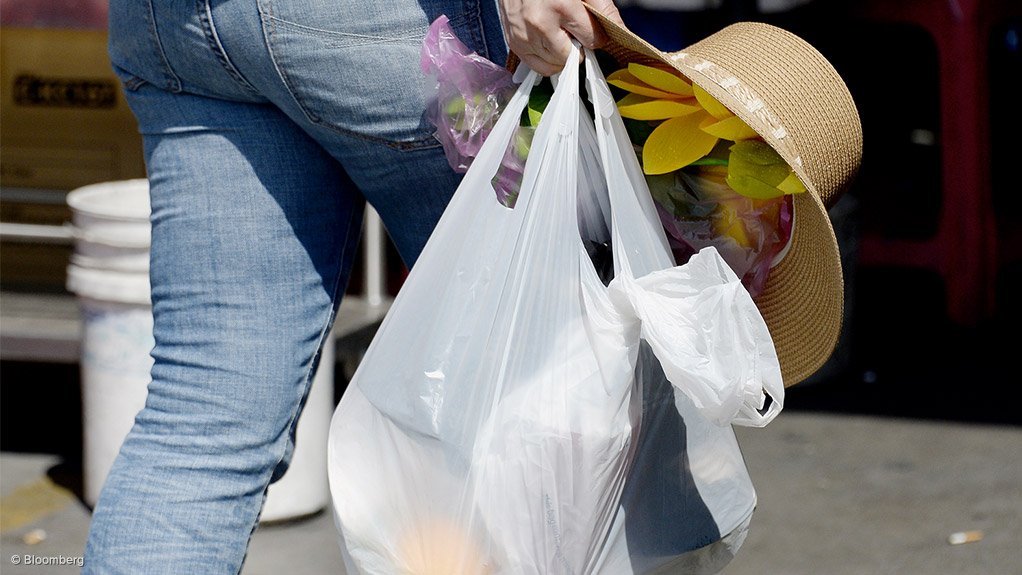South Africans use a lot of plastic – and much of it ends in up rivers and oceans.
The World Wide Fund for Nature (WWF) says South Africans use between 30kg and 50kg of plastic per person per year.
That's significantly less than the 136kg and 139kg per person per year in the US and Europe. But much of the plastic ends up in the marine environment.
"Single-use plastics, most common in the food and beverage industry, are typically cheap, produced in bulk and carelessly discarded without being reused or recycled," said the WWF.
Disposable plastics that make their way into the marine ecosystem can take several hundred years to break down and even when they do, it is through breaking down into small pieces known as micro-plastics.
Impact on marine life
The WWF is highlighting the impact of plastics which pollute rivers and oceans, resulting in marine animals inadvertently ingesting micro-plastics.
"Marine animals often get entangled in floating plastic or abandoned fishing nets. Large or small plastics such as ropes, balloons, plastic bags and fishing line are also common culprits for painful entanglement.
"Many sea creatures also swallow plastics by accident or because they mistake it for food. Seabirds eat small bits of plastic and turtles can mistake a floating plastic bag for a jellyfish," says the environmental activist organisation.
In SA, retailers have been making an effort to reduce single-use plastics.
Shoprite announced in 2013 that plastic bags in Checkers stores were 100% recycled, diverting 2 100 tons of plastic waste from landfills.
Woolworths also announced recently that it would phase out single-use plastic shopping bags by 2020 and plastic straws and cutlery by 2022.
Pick n Pay launched its "Make Plastic Bags Extinct" campaign in 2008 and boasts that all packaging in its PnP Green range is fully recyclable.
Spar in the Eastern Cape announced its intention to abandon plastic bags in favour of paper bags, but conceded that customer education was an important factor in driving the change.
Ocean plastic problem
The WWF urged retailers to remove single-use plastics from their shelves and promote reusable bags.
"More importantly, these companies should be relooking their use of plastic product packaging to ensure that it is all easily recyclable or reusable and that there are effective recycling systems in place. To maximise the lifespan of the plastics, they should also ensure that they are incorporating as much recycled content into new plastic products as possible," the organisation added.
The United Nations Environment Programme (UNEP) has declared war on ocean plastic.
The UNEP says that more than eight tons of plastic enter the oceans every year – equivalent to one garbage truck per minute.
"It is past time that we tackle the plastic problem that blights our oceans. Plastic pollution is surfing onto Indonesian beaches, settling onto the ocean floor at the North Pole, and rising through the food chain onto our dinner tables. We've stood by too long as the problem has gotten worse. It must stop," said UNEP executive director Erik Solheim.
In SA, Plastics SA says in its National Plastics Recycling Survey 2017 that the industry recycled 334 727 tons – or 43.7% – of all plastics.
The plastics recycling industry in SA supports 5 837 formal jobs, says the organisation.
EMAIL THIS ARTICLE SAVE THIS ARTICLE
To subscribe email subscriptions@creamermedia.co.za or click here
To advertise email advertising@creamermedia.co.za or click here











